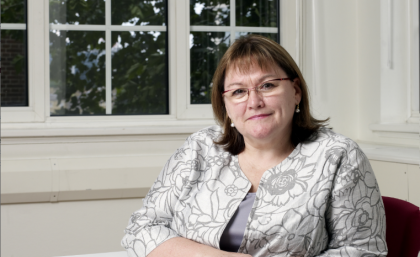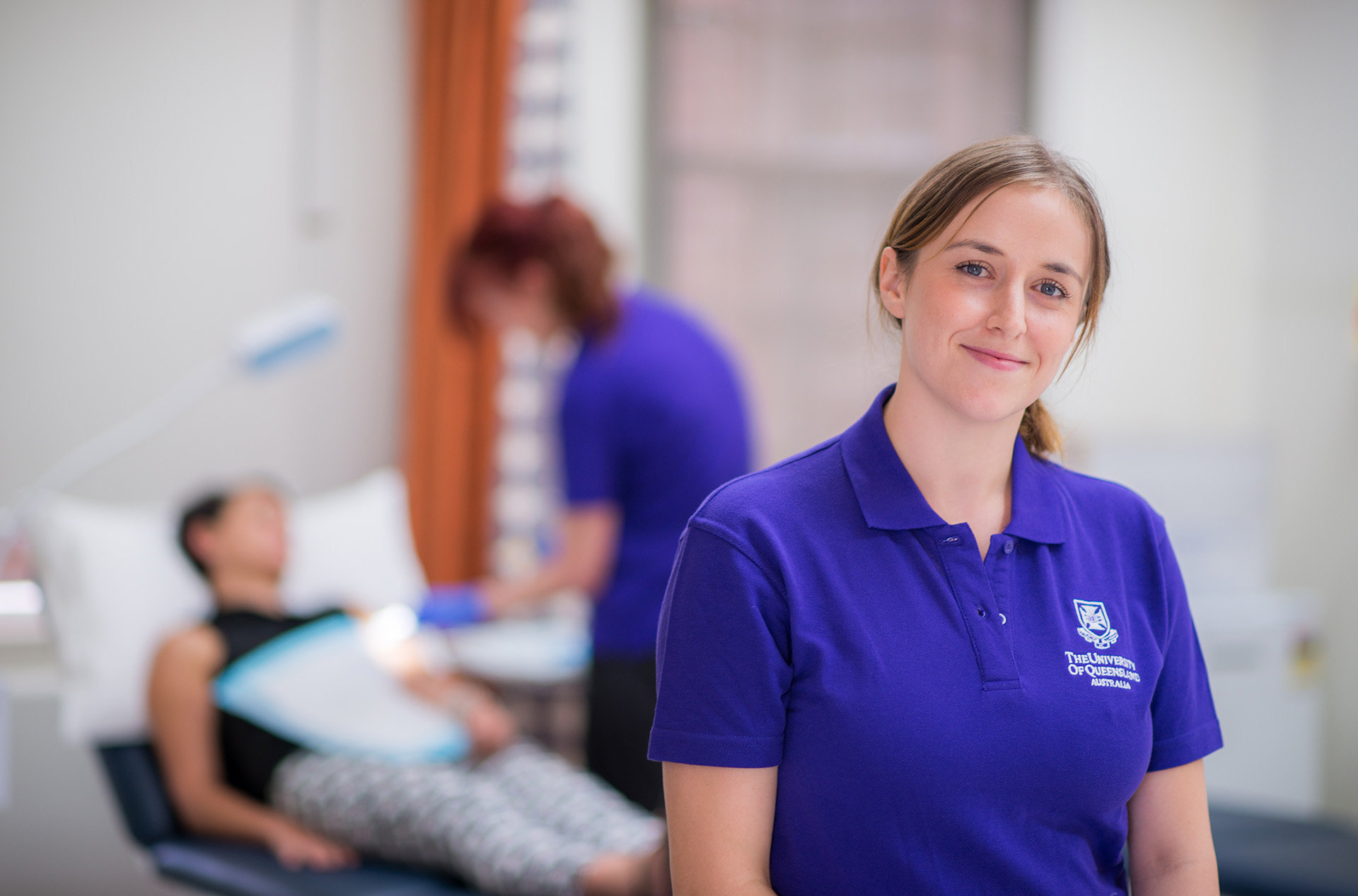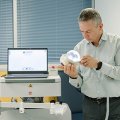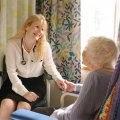
It may come as a surprise that entry requirements for nursing and midwifery at The University of Queensland are higher than many other courses around Australia – including most engineering, science and journalism degrees.
Yet School of Nursing, Midwifery and Social Work leader Professor Helen McCutcheon is often asked if nurses and midwives need a tertiary education at all.
“I went on a BBC Radio program in England and that was the first thing I was asked – ‘Do nurses really need a degree?’” Professor McCutcheon said.
“It has been the norm for more than 25 years that nurses have been university-prepared in Australia, but this attitude does seem to prevail.
“I can assure the public that considerable research has been done on the nursing workforce and all the data show that well-educated, degree-qualified graduates result in better outcomes for patients.
“You don’t hear people questioning why a doctor or a physiotherapist needs to go to university.”
Professor McCutcheon has had a distinguished career in the nursing profession since starting out at Brisbane’s Mater Hospital in 1979.
Most recently, she has arrived at UQ after being Dean at the Florence Nightingale Faculty of Nursing and Midwifery at King’s College London.
She has supervised more than 25 PhD and Doctor of Nursing students and holds a PhD, Master of Public Health, Bachelor of Public Health and nursing and midwifery qualifications.
“Trust me, the scenario in our hospitals these days is a lot better than when nurses used to learn on the job, only improving through repetition,” Professor McCutcheon said.
“The role has changed dramatically, just as the general population’s health needs have.

“A change in education and training has been needed to ensure nurses and midwives have the knowledge, skills and expertise to provide quality care to those with complex health care needs.
“The expanded and advanced roles of nurses mean their significant contribution to the health care team enables doctors and other health professionals to focus on other areas.
“Just as importantly, nurses should have the ability to think critically and question respectfully when they believe there could be a better treatment.”
UQ offers a Bachelor of Midwifery and a Bachelor of Nursing/Midwifery double degree, which both have OP 3 (95) entry requirements.
There are two Bachelor of Nursing degree programs, with an OP 6 (90) needed for guaranteed entry to the Mater Hospital program and an OP 7 (88) for guaranteed entry to the South East Queensland clinical schools program.
UQ’s dual degree option of Bachelors of Nursing/Midwifery required an OP 1 (99) for guaranteed entry to the Mater Hospital program and an OP 2 (98) for guaranteed entry to the South East Queensland clinical schools program in 2015.
Media: UQ Communications Robert Burgin +617 3346 3035, +61 0448 410 364, r.burgin@uq.edu.au










